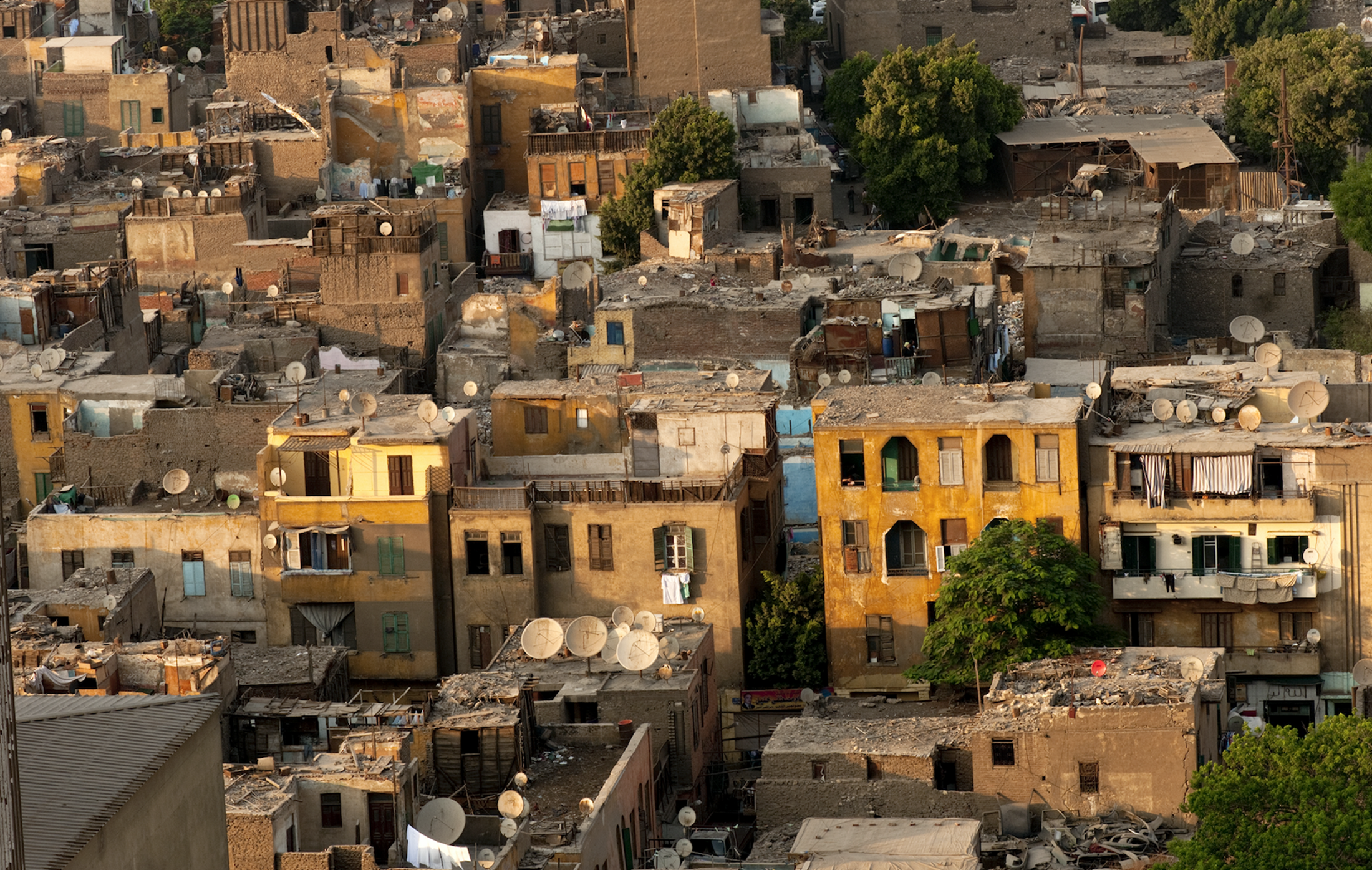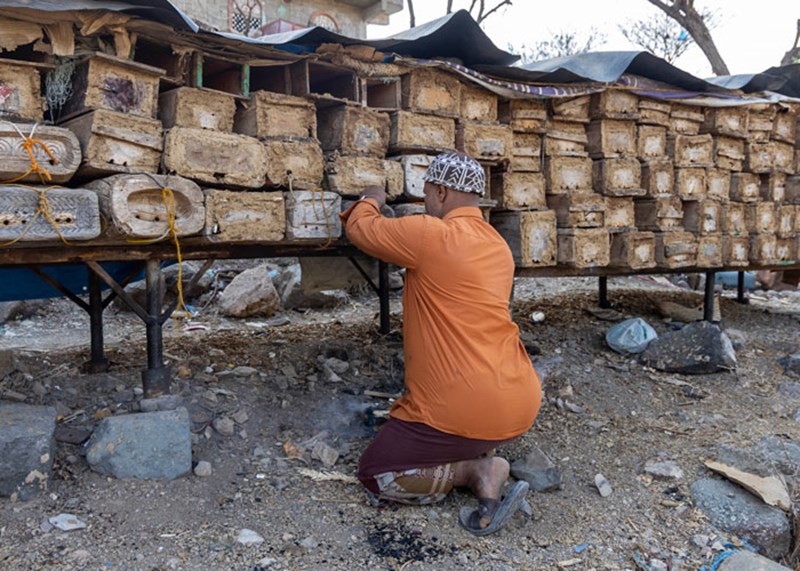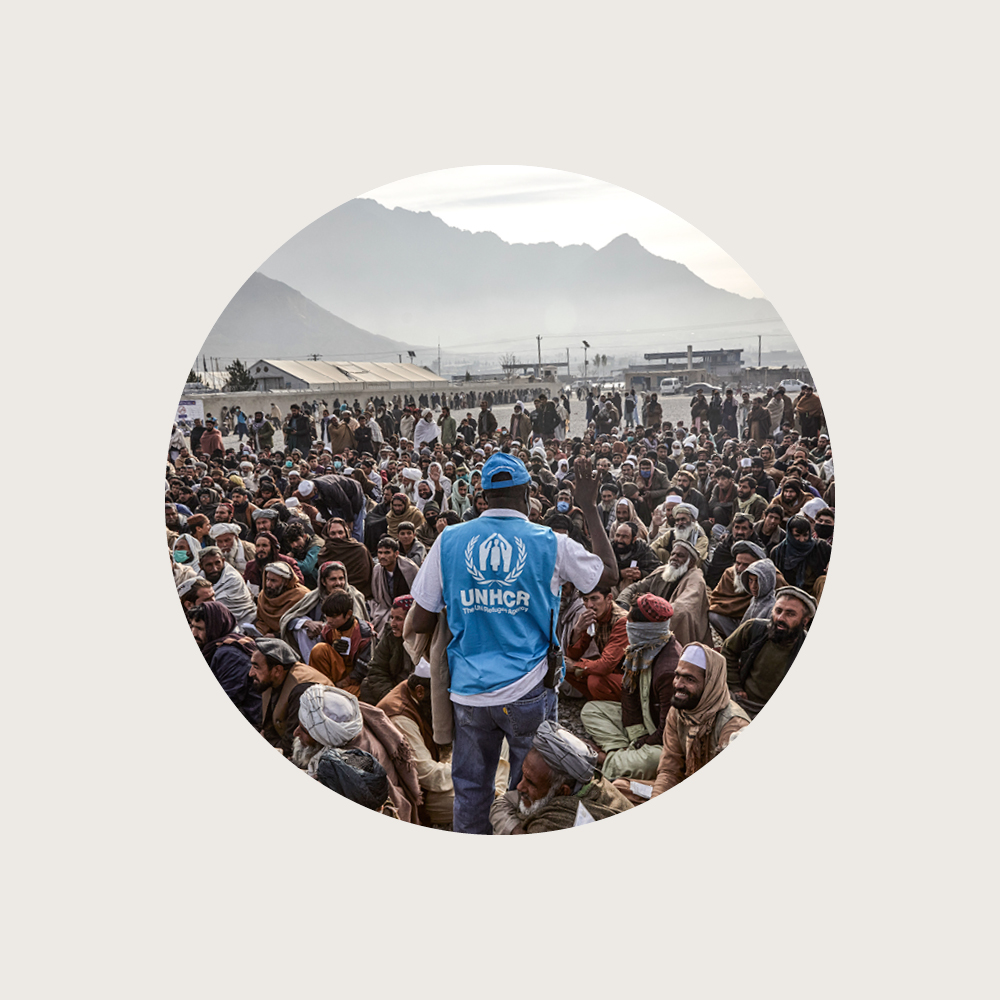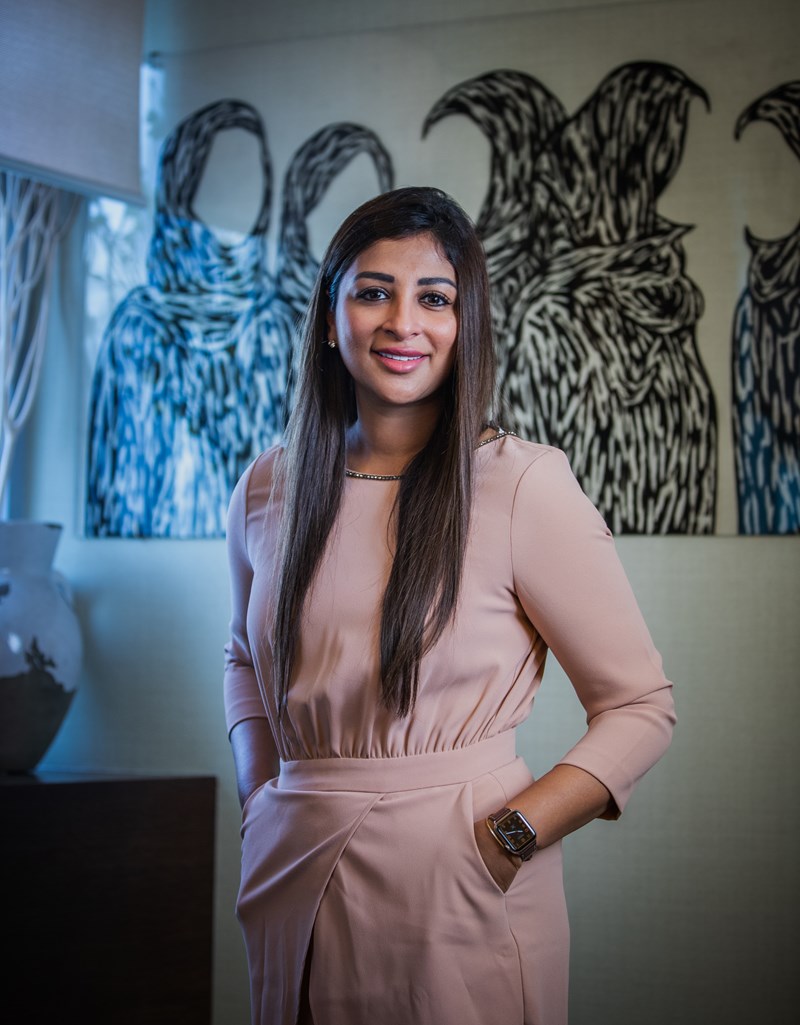Philanthropic foundations across the Arab region are doing extraordinary work funding innovative programming in many areas such as education, healthcare, and youth empowerment, as well as providing lifeline humanitarian support to those most in need. But beyond the news headlines and anecdotal reports, it remains extremely hard to know exactly who and what people are funding, the concrete impact of their investments, and where financing and needs gaps remain.
This is due to the glaring absence of meaningful data about Arab philanthropy and a longstanding culture of opacity among donors and organisations operating in the nonprofit sector.
I found this out the hard way when I joined as the CEO of the Arab Foundations Forum (AFF) in 2014. New to the philanthropy sector and after 17 years away from the region, I set about trying to educate myself about the ecosystem.
While there is an emerging body of reporting and qualitative research about Arab philanthropy - and new initiatives such as the Circle Index, a database of regional foundations, nonprofits, and social enterprises - there remains a real lack of hard data.
When I began speaking to AFF members to understand their needs and challenges at the start of my tenure, nearly everyone mentioned a desire for more data to help give them better understanding what their peers were doing and to know more about the wider ecosystem in which they were operating.
Yet, once the conversation steered towards the question of transparency and accountability, I was often met with resistance, and some even expressed an unwillingness to apply “these Western expectations” to our region.
Although most members regarded transparency and accountability as key values to be upheld and respected, they were reluctant to apply global standards to their operations. Further investigation revealed some of the more nuanced reasons behind this resistance – and the barriers are complex.
First, there is a lack of incentives to be transparent and, in some cases, even the dangers of transparency under scrutiny by some of the region’s governments.
Second, there is a high value placed on anonymous charitable giving in Islam (the region’s predominant religion), in direct conflict with the Global North’s taxonomy of accountability and transparency, which some regard as being as out of context with the region.
Although these are valid concerns, I truly believe that the benefits of greater transparency and data sharing far outweigh any negatives, and at AFF, we are committed to finding ways to facilitate the sharing the data while also respecting and acknowledging the contextual nuances of the region.






